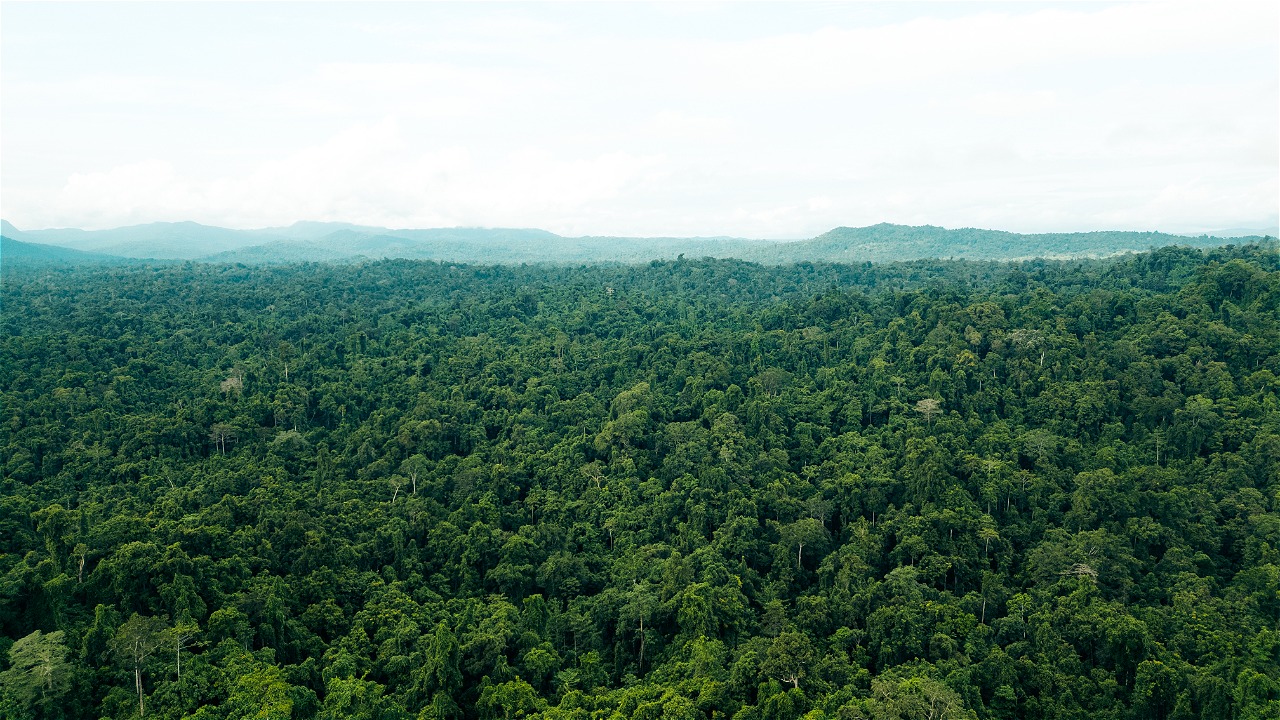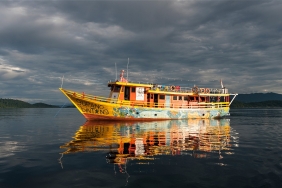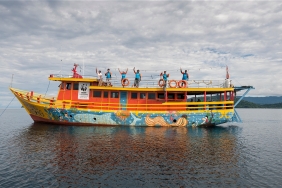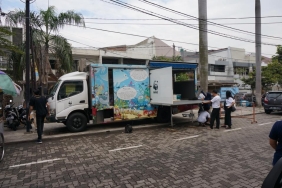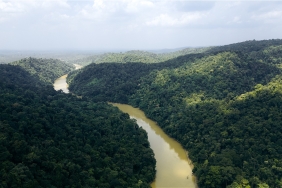PANDA EARTH, A PLACE TO DISCUSS VARIOUS THEMES AROUND THE ENVIRONMENT
By: Sani Firmansyah (Bumi Panda Coordinator) & Natalia Trita Agnika
Bumi Panda, WWF-Indonesia's environmental education house is open to be a place to discuss various themes related to the environment. All ideas or suggestions for discussion themes around the environment can be raised into a discussion with related communities. The method is quite easy. Parties who want to hold a discussion can contact the Bumi Panda team to collaborate. Ranging from the theme of rare animals, water, to the problem of waste has been a topic of community discussion at Bumi Panda. One example is the "Relationship between Waste and Conservation" discussion that took place on Sunday (28/08) ago.
The discussion, a collaboration with the Bioscience and Biotechnology Development Foundation (YPBB), featured Anilawati Nurwakhidin, a Zero Waste facilitator. Starting the discussion, the Bumi Panda team introduced WWF-Indonesia and its conservation programs to the participants. Furthermore, the Bumi Panda team, represented by Sani Firmansyah as the Bumi Panda Coordinator, explained about marine debris pollution. "The current condition of the sea has begun to be polluted due to human behavior that still littering. Based on WWF-Indonesia data, 70% of rivers in Indonesia are polluted. Of course this affects the condition of sea water which is downstream from these rivers," said Sani.
Sani also explained the impact of plastic waste on marine animal life. One of those who feel the impact is sea turtles. These marine animals often mistake plastic waste for jellyfish which are usually their food, whereas plastic waste eaten by sea turtles can cause death, either due to choking or containing toxins. In addition to protecting the marine ecosystem, WWF-Indonesia also educates the public to reduce the use of plastic bags as a form of support for conservation efforts carried out by WWF-Indonesia.
Furthermore, Anilawati Nurwakhidin presented material on waste management. Based on research conducted by YPBB, waste management is actually very easy, starting with sorting waste from its source, between organic and inorganic waste. Organic waste that has been sorted can then be used as compost by making biopore holes or Takakura baskets. Meanwhile, inorganic waste can be recycled and reused. Meanwhile, hazardous waste such as medicine packaging, batteries, and others must be processed further.
But in fact, people in big cities, such as Bandung, do not process waste properly. Almost all waste is directly disposed of in landfills (TPS) without prior segregation. "As a result, Bandung's waste in a year reaches 55x Borobudur Temple. Therefore, the solution to the waste problem is management from the source of the waste itself. Thus, the phenomenon of turtles eating plastic bags can be minimized," said Anilawati Nurwakhidin.
In the question and answer session, the discussion participants who were mostly students from Bandung City asked many questions. "How are batteries, medicine packaging and other waste managed?" asked Syifa, a student from Pasundan University Bandung. "The waste is included in B3 (Hazardous and Toxic Material) waste so that it needs further management so as not to damage the environment," replied Anilawati Nurwakhidin.
Through the community discussion, Anilawati told the participants that information about waste management and conditions can be widely spread so that the negative impact of waste can be minimized. After the discussion, some participants who visited Bumi Panda for the first time toured the building located at Jl. Geusan Ulun No. 3 Dago, Bandung to see the various facilities available.

